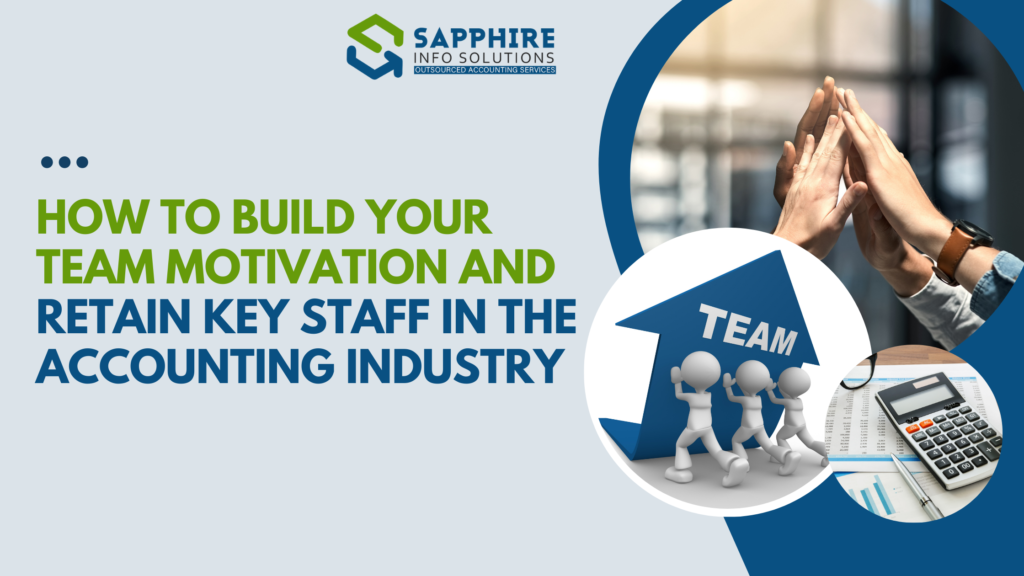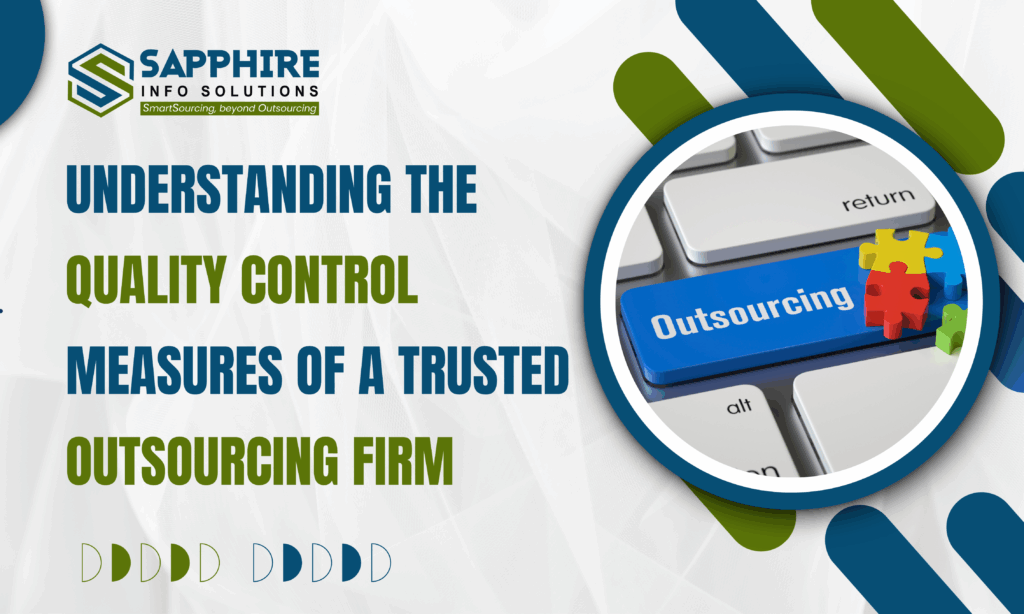In the competitive world of accounting, maintaining a motivated team and retaining essential staff is pivotal for enduring success and growth. This comprehensive guide will explore the fundamental aspects that nurture team motivation and employee retention, especially tailored for the unique dynamics of the accounting sector.
Introduction
The accounting field is dynamic and demanding, necessitating a work environment that fosters motivation and retention. In this guide, we’ll delve into how to create a positive work atmosphere, ensure effective communication, offer competitive compensation, and provide opportunities for professional development, all aimed at motivating your team and retaining your top talent.
Creating a Positive Work Environment
A positive work environment is the cornerstone of team motivation. In accounting, where precision and deadlines are crucial, ensuring that your team feels respected, valued, and part of a collaborative and supportive atmosphere can make a significant difference. Here are key strategies to enhance your workplace:
- Promote Team Collaboration: Encourage teamwork through collaborative projects and regular team meetings. This not only helps in sharing knowledge and skills but also in building a supportive team culture.
- Foster Innovation and Respect: Create channels for employees to propose innovative solutions and provide constructive feedback. Recognizing and implementing good ideas from team members boosts morale and promotes a culture of respect.
- Ensure a Safe and Healthy Work Environment: Regularly assess the workspace to ensure it is ergonomically sound and psychologically supportive.
Effective Communication within the Team
Clear and effective communication is essential in keeping team members aligned with the firm’s goals. Transparent communication about the company’s direction, individual roles, and expectations connects personal achievements with the firm’s success. Regular updates and inclusive decision-making processes make employees feel valued and part of the larger picture.
Competitive Compensation and Job Satisfaction
While competitive salaries are critical, understanding the broader aspects of job satisfaction can more effectively retain staff. Here’s how you can ensure your employees are satisfied and motivated:
- Offer Fair and Competitive Salaries: Regularly review your compensation packages to ensure they are competitive with industry standards.
- Provide Opportunities for Job Enrichment: Challenge your employees with new responsibilities that allow for personal and professional growth.
- Support Work-Life Balance: Implement flexible working conditions where possible, such as telecommuting and flexible hours.
Professional Development: Key to Employee Retention
Investing in your employees’ professional growth can lead to increased job satisfaction and loyalty. Here are some initiatives you can start:
- Continuing Education and Training: Offer tuition assistance or reimbursement for professional certifications.
- Mentorship Programs: Pairing less experienced staff with seasoned professionals can enhance skills and reinforce your team’s knowledge base.
- Career Advancement Opportunities: Clearly define career paths within the organization and support employees who aspire to advance.
Recognition and Rewards: Motivating High Performance
Recognizing and rewarding hard work and achievements can significantly enhance motivation. Implement a rewards system that is fair, transparent, and tied to clear performance indicators. Regular acknowledgment through awards, bonuses, or public recognition can boost morale and encourage continued excellence.
Leadership Training: Cultivating Effective Managers
Effective leadership is crucial for motivating and retaining staff. Training programs aimed at developing leadership skills among potential managers can have a profound impact on your team’s dynamics and its success. Leaders should be trained to:
- Recognize and Utilize Individual Talents: Understanding each team member’s strengths allows leaders to assign tasks more effectively.
- Inspire and Motivate: Leaders should be adept at encouraging their teams, especially during challenging periods.
Conclusion
Building a motivated team and retaining key staff in accounting involves a multi-faceted approach that focuses on creating a positive and inclusive work environment, offering competitive compensation, and investing in professional development. By implementing these strategies, firms not only enhance their team’s job satisfaction and work-life balance but also strengthen their capacity to adapt and thrive in a dynamic industry landscape.

















